In a landmark move, the United Nations Security Council has passed an emergency resolution calling for an immediate ceasefire in the Gaza Strip. The resolution, which was approved unanimously by 14 of the 15 member states, aims to halt the ongoing violence in the region and ensure the swift and unconditional release of hostages held by Hamas, the governing authority in Gaza.
The resolution comes after weeks of intense fighting in Gaza, which has resulted in a significant loss of life and widespread destruction. According to reports, at least 32,226 Palestinians have been killed and 74,412 injured in Israeli operations since October 7. Additionally, 1,139 Israelis have lost their lives in attacks by Hamas.
While the resolution received overwhelming support from the Security Council, the United States abstained from voting, refraining from presenting any arguments against the proposal. This marks a departure from the US's previous stance, where it had consistently vetoed similar ceasefire proposals.
UN Secretary-General Antonio Guterres welcomed the resolution, emphasizing the urgent need for its implementation to prevent further loss of life. Guterres urged all parties to abide by the ceasefire and its terms, warning that failure to do so would be considered an unforgivable offense.
The proposal was raised by several non-permanent members of the Security Council, including Algeria, Switzerland, and Slovenia. Algerian UN Ambassador Amar Benzama, speaking after the vote, stressed the responsibility of the international community to end the suffering of the Palestinian people and stop the bloodshed in Gaza.
The US position on the resolution has drawn criticism, particularly from Israeli Prime Minister Benjamin Netanyahu. Netanyahu expressed disappointment over the US's decision not to veto the resolution, stating that it deviated from its longstanding policy at the Security Council. He criticized the resolution for not addressing the release of hostages and suggested that it gave Hamas false hope of a ceasefire without meeting certain conditions.
Despite the criticisms, the passage of the resolution represents a significant step towards achieving peace in Gaza. The international community now looks to the parties involved to honor the ceasefire and work towards a lasting solution to the conflict.



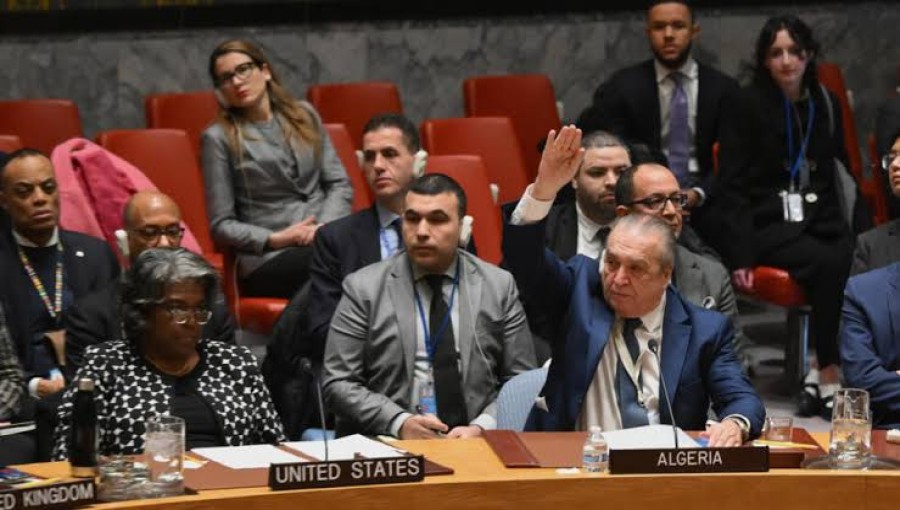
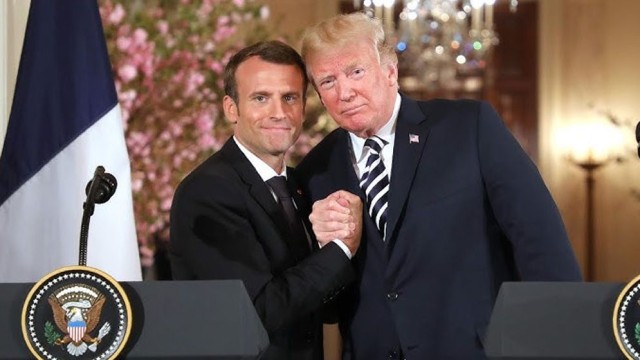
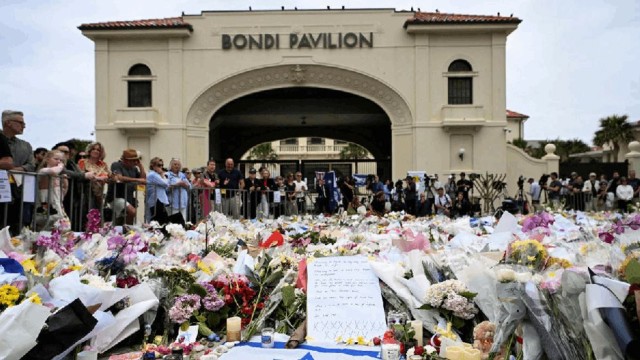

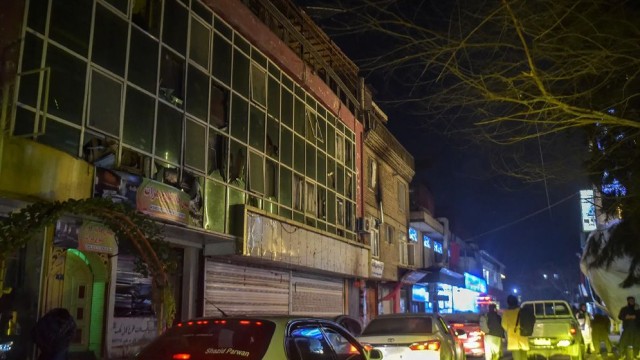
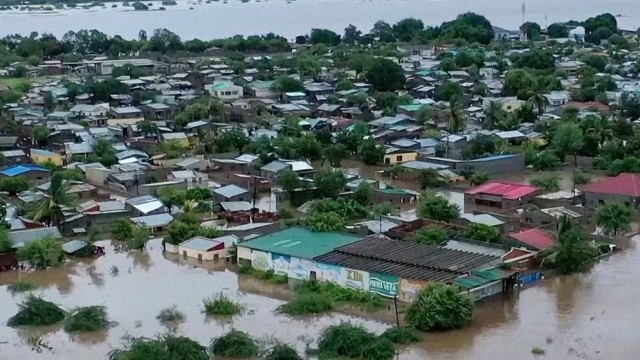

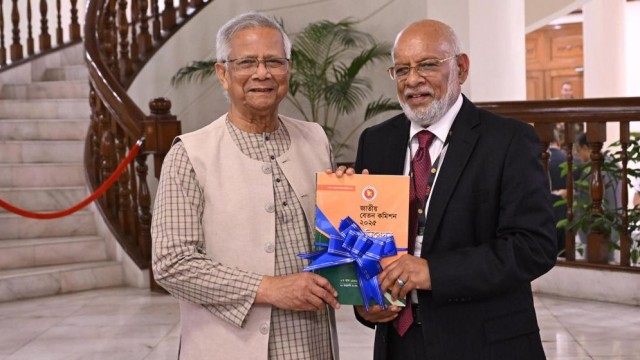

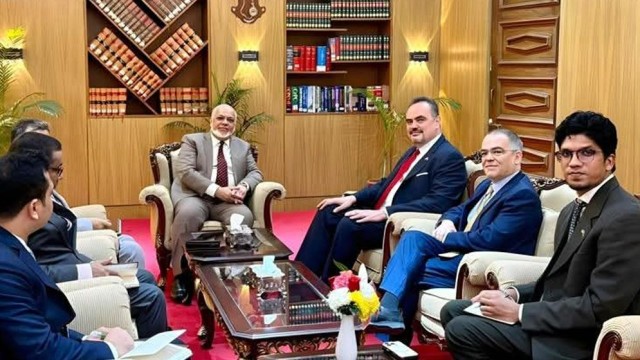

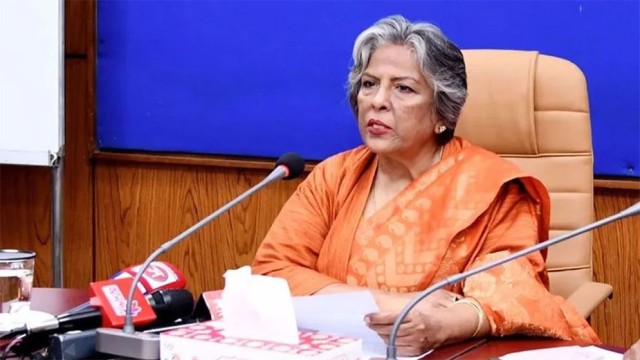













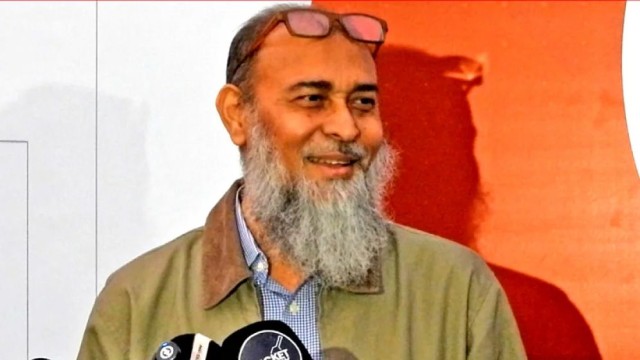


Comment: